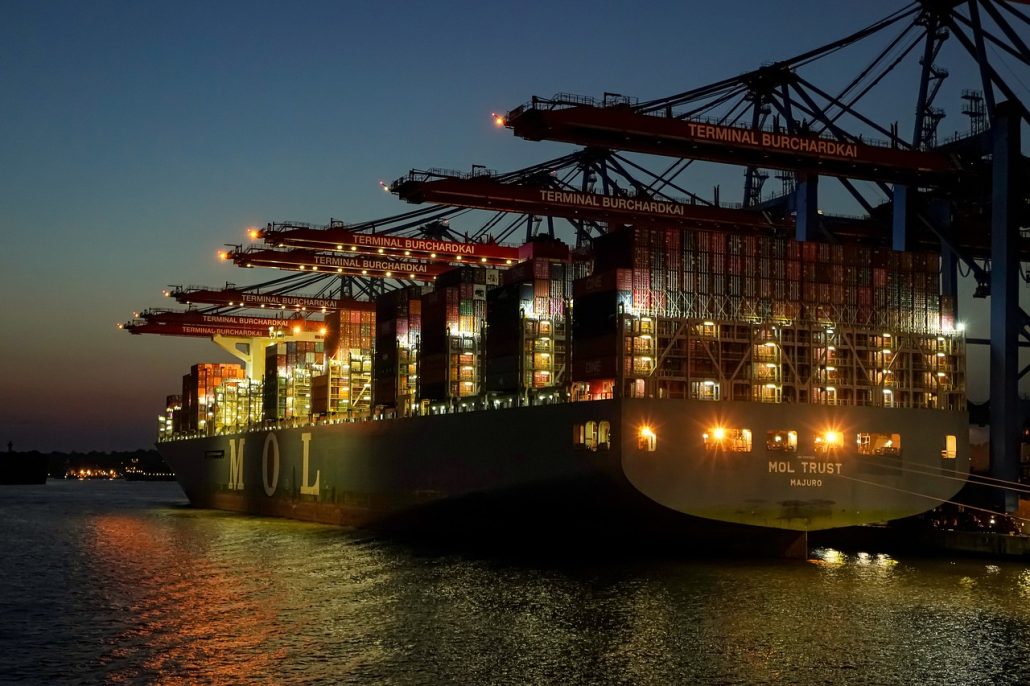EU regulates environmental and social due diligence obligations along the supply and value chains
The EU Commission published the first proposal for the Corporate Sustainable Due Diligence Directive (CSDDD) back in 2019. Since then, the regulation has been the subject of heated debate from all sides, particularly its implementation and scope of application. But what exactly is the CSDDD? And what consequences does it have for banks? We explain.
The CSDDD, or Corporate Sustainability Due Diligence Directive, is an EU proposal that would oblige companies to report on the impact of their business activities on human rights and the environment. It is therefore the European equivalent of the German Supply Chain Due Diligence Act (LKSG), which has been in force since January 2023. The aim of the EU directive is to harmonize the requirements for corporate due diligence in the EU, as there has been a patchwork of different national laws to date.
Contents
The current version of the CSDDD requires companies established under the law of an EU member state to implement environmental and human rights due diligence obligations along their supply and value chains. In contrast to the LKSG, which integrates the entire supply chain, the CSDDD focuses primarily on the potentially negative impacts of all business partners in an activity chain - i.e. direct as well as indirect and downstream partners - where negative environmental and human rights impacts are to be expected. In order to meet the requirements of the CSDD, the companies concerned must fulfill various due diligence obligations. These include
- a corporate policy that integrates all binding due diligence obligations in the form of codes of conduct and procedures,
- a complaints procedure,
- Continuous risk analyses to identify actual and potential negative impacts on the environment and human rights,
- Preventive and remedial measures to avoid potential impacts,
- Effectiveness monitoring & verification of compliance with due diligence
- as well as annual reporting and communication.
Affected companies must also ensure that their business strategy is compatible with the Paris Agreement's goal of limiting global warming to 1.5°C.
Companies affected
On Thursday, December 14, an agreement was reached between the Council, Parliament and Commission which, among other things, defines the scope of application. According to the agreement, companies with more than 500 employees and a global annual net turnover of 150 million euros are to be covered by the directive. In addition, companies with more than 250 employees are to be covered by the directive if they generate a net turnover of at least 20 million euros in certain high-risk sectors such as the manufacture of textiles, clothing and footwear, agriculture including forestry and fishing, food production and construction. These sectors have a high potential for harm in terms of their impact on the environment and human rights. The CSDDD applies to non-EU companies if they achieve a net turnover of 150 million euros in the EU three years after the CSDDD comes into force. The LKSG, which has applied to companies with more than 1,000 employees since January 1, 2024, will be adapted to EU law in the future.
The financial sector is excluded from the scope of application for the time being. However, financial players should not lean back too soon. The EU is examining a possible clause for the future inclusion of the downstream financial sector on the basis of a sufficient impact assessment.
Next steps
The provisional agreement on the CSDD still has to be approved and formally adopted by the Council and the European Parliament. Binding implementation of the directive is not expected before 2025.
We will keep you up to date on the latest regulatory developments. More at www.curentis.com



